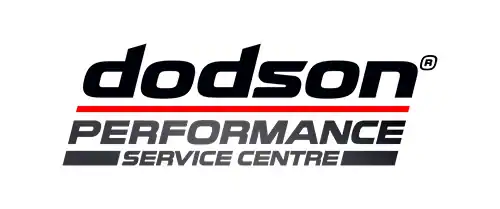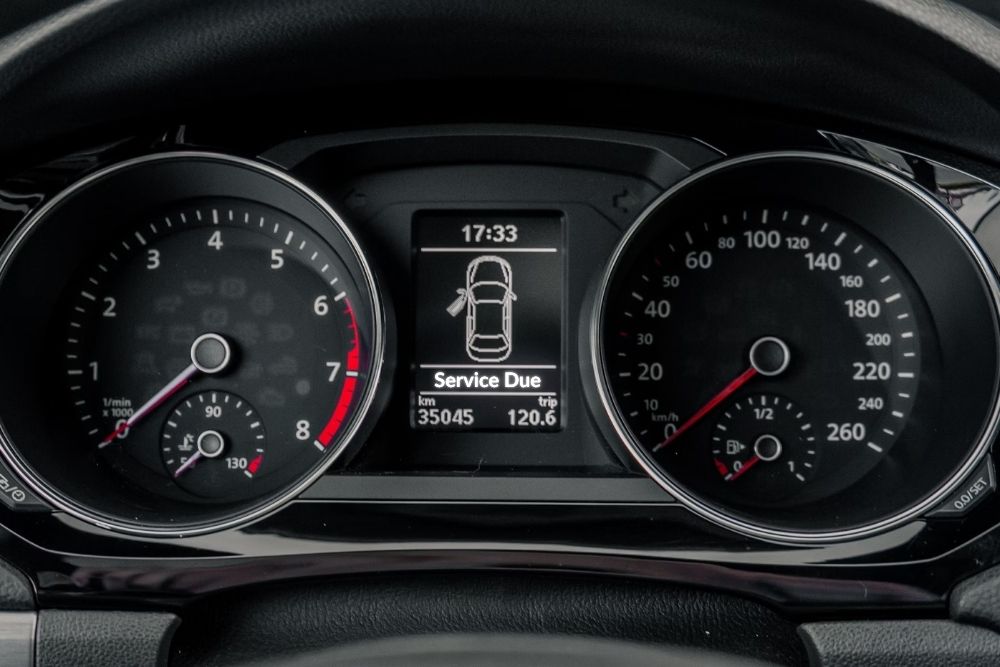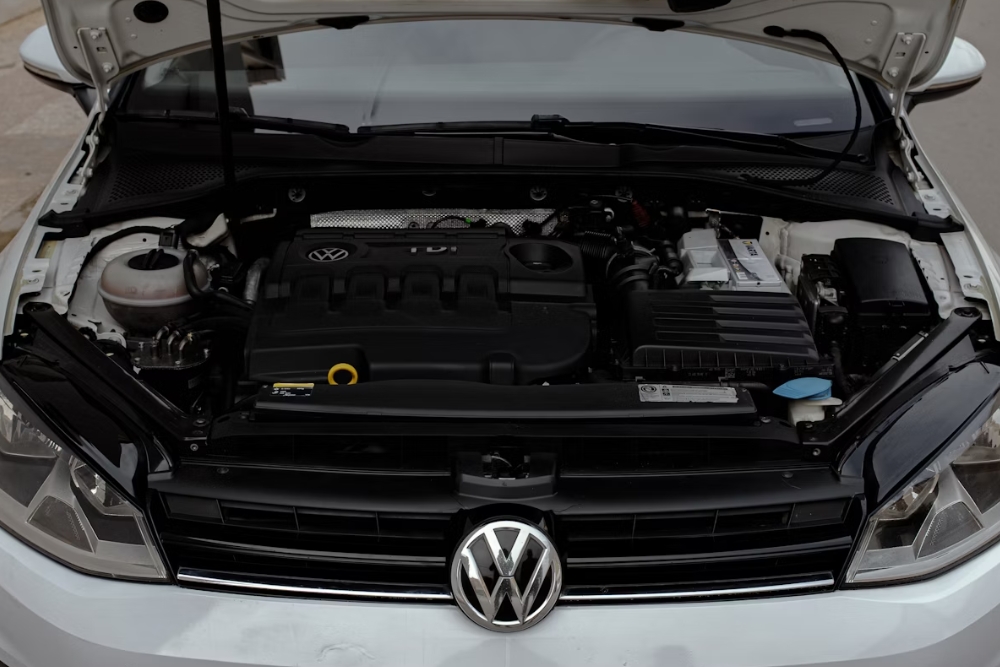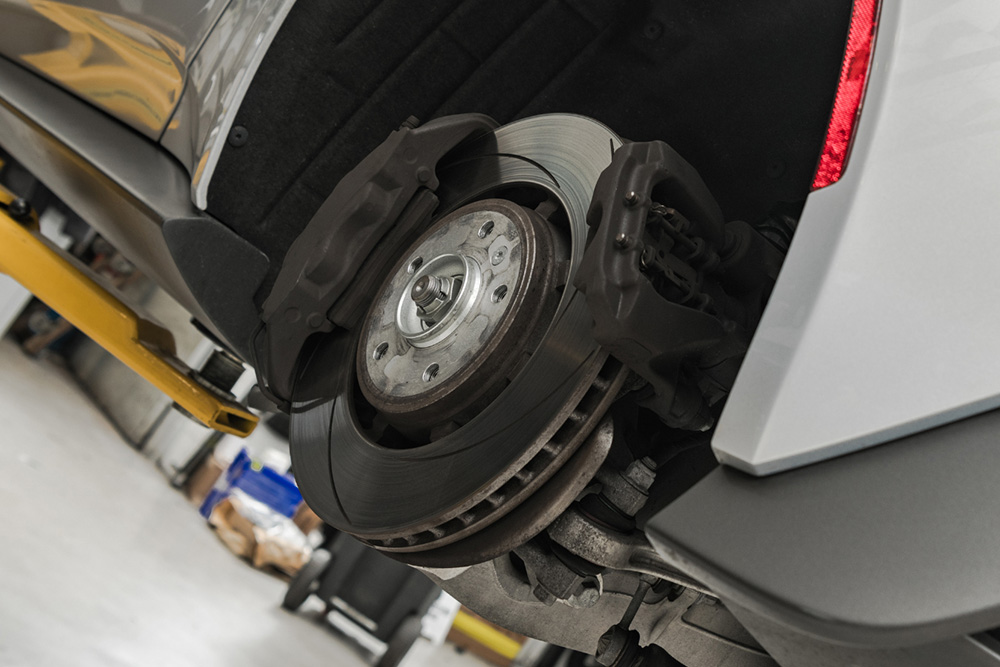Resetting the service light on your Audi is a straightforward process that every owner can master with the right guidance. This article will walk you through the complete process of resetting your Audi’s service indicator, covering different methods for various models and addressing common issues you might encounter during the reset procedure.
Manual Reset Through the Dashboard Display
The most common method for resetting your Audi’s service light involves using the dashboard controls and multi-information display. This process works for most Audi models from 2005 onwards and requires no special tools or equipment.
Start by ensuring your Audi is parked safely with the engine turned off and the ignition key removed. Insert the key back into the ignition but do not start the engine – turn it to the “ON” position where the dashboard lights illuminate but the engine remains off. Locate the trip odometer reset button, which is typically found on the instrument cluster or steering wheel controls depending on your specific Audi model.
Press and hold the trip reset button whilst simultaneously turning the ignition key to the start position. Continue holding the button for approximately 10-15 seconds until you see the service indicator begin to flash or display a reset confirmation message. The service light should then disappear from your dashboard, indicating a successful reset.
For newer Audi models with MMI (Multi Media Interface) systems, the process involves navigating through the onboard computer menus. Access the MMI system through the central control knob or touchscreen interface. Navigate to the “Car” menu, then select “Service & Checks” followed by “Service Intervals.” Choose “Reset Service Interval” and confirm your selection when prompted.
Model-Specific Reset Procedures
Different Audi models may require slightly varied approaches to service light resets. The A3, A4, and A6 models typically follow the standard procedure outlined above, whilst the Q5, Q7, and newer A8 models often utilise the MMI system exclusively.
For Audi TT models, you’ll need to access the Driver Information System (DIS) through the steering wheel controls. Use the left-hand stalk to navigate through the menus until you reach the service interval display. Press and hold the reset button on the end of the stalk until the display shows “Service Reset” confirmation.
RS and S-line performance models often feature additional service categories including oil change intervals and inspection schedules. These models may require separate reset procedures for each service category, which can be accessed through the same MMI navigation path but with additional sub-menu options.
Using Diagnostic Tools for Service Resets
Professional diagnostic scanners offer the most reliable method for resetting Audi service lights, particularly for newer models with complex electronic systems. These tools connect to your Audi’s OBD-II port, typically located beneath the dashboard on the driver’s side.
VCDS (VAG-COM Diagnostic System) is the gold standard for Audi diagnostics and service resets. This software connects to your vehicle’s control units and allows complete access to service interval settings. After connecting the interface cable, select your specific Audi model and navigate to the instrument cluster control unit. Access the adaptation channels to locate service interval settings and reset them to factory specifications.
Generic OBD-II scanners with manufacturer-specific functions can also perform service resets on most Audi models. These tools are more affordable than professional-grade equipment but may have limited functionality compared to specialised VAG diagnostic tools. Ensure your chosen scanner specifically supports Audi service reset functions before attempting the procedure.
Professional workshops and service centres utilise advanced diagnostic equipment that can reset multiple service categories simultaneously whilst checking for any underlying issues that might affect service intervals. This approach ensures comprehensive maintenance tracking and prevents premature service light activation due to system errors.
Troubleshooting Common Reset Issues
Service light resets occasionally fail due to various factors including timing, procedure errors, or electronic system malfunctions. If your initial reset attempt proves unsuccessful, verify that you’ve followed the exact sequence for your specific Audi model year and variant.
Battery voltage can significantly impact service reset procedures, particularly during cold weather or after extended parking periods. Ensure your Audi’s battery maintains adequate charge levels during the reset process, as low voltage can interrupt the procedure and prevent successful completion. Consider using a battery maintainer if your vehicle has been stationary for extended periods.
Some Audi models feature multiple service categories that require individual reset procedures. Engine oil service, inspection intervals, and brake fluid services may need separate attention. Check your owner’s manual to identify all applicable service categories for your specific model and year.
Electronic control unit faults can prevent successful service resets even when following correct procedures. If standard reset methods consistently fail, professional diagnostic scanning can identify communication errors or corrupted data within the instrument cluster or engine control modules.
Important Considerations for Service Reset Timing
Timing your service reset correctly ensures accurate maintenance scheduling and prevents premature service reminders. Only reset service lights immediately after completing the corresponding maintenance work, never before or significantly after service completion.
Different service categories operate on varying intervals based on mileage, time, or driving conditions. Oil change services typically reset to 10,000-15,000 kilometres or 12 months, whilst major inspections may extend to 30,000 kilometres or 24 months. Understanding these intervals helps maintain proper service scheduling and prevents confusion about when maintenance is actually due.
Severe driving conditions including frequent short trips, extreme temperatures, or dusty environments may require more frequent servicing than standard intervals. Your Audi’s onboard computer monitors driving patterns and may adjust service intervals accordingly. Resetting service lights without considering these factors can compromise engine longevity and performance.
Documentation of service resets and corresponding maintenance work helps maintain accurate service history records. This information proves valuable for warranty claims, resale value, and future maintenance planning. Keep detailed records of reset dates, mileage, and completed service work.
Professional Service Reset Benefits
Professional service centres offer expertise and specialised equipment that ensure accurate service resets whilst identifying potential issues before they become costly problems. Qualified technicians understand the intricacies of different Audi models and can perform comprehensive system checks alongside routine service work.
Advanced diagnostic equipment used by professional workshops can detect electronic faults that might interfere with service reset procedures. These tools also verify that all control units are communicating properly and that service interval data is correctly stored across multiple systems.
Professional service providers maintain detailed service histories and can advise on optimal maintenance schedules based on your specific driving patterns and vehicle usage. This personalised approach helps optimise performance whilst minimising unnecessary maintenance costs.
Warranty considerations often require professional documentation of service work and resets. Authorised service centres provide the necessary paperwork and system updates that maintain warranty coverage whilst ensuring compliance with manufacturer requirements.
Need Expert Help With Your Audi Service Reset?
Properly resetting your Audi’s service light ensures accurate maintenance tracking and optimal vehicle performance. Whether you’re comfortable performing the reset yourself or prefer professional assistance, understanding the process helps you make informed decisions about your vehicle’s care.
As an independent Audi service centre in Auckland, we can help you with Audi service resets and comprehensive maintenance. Our experienced technicians use professional diagnostic equipment to ensure accurate service light resets whilst providing expert care for your Audi. Contact our team today by calling 09 441 3635 to schedule your Audi service and reset appointment.

 Looking for Dual Clutch transmission components outside of New Zealand?
Looking for Dual Clutch transmission components outside of New Zealand? 








